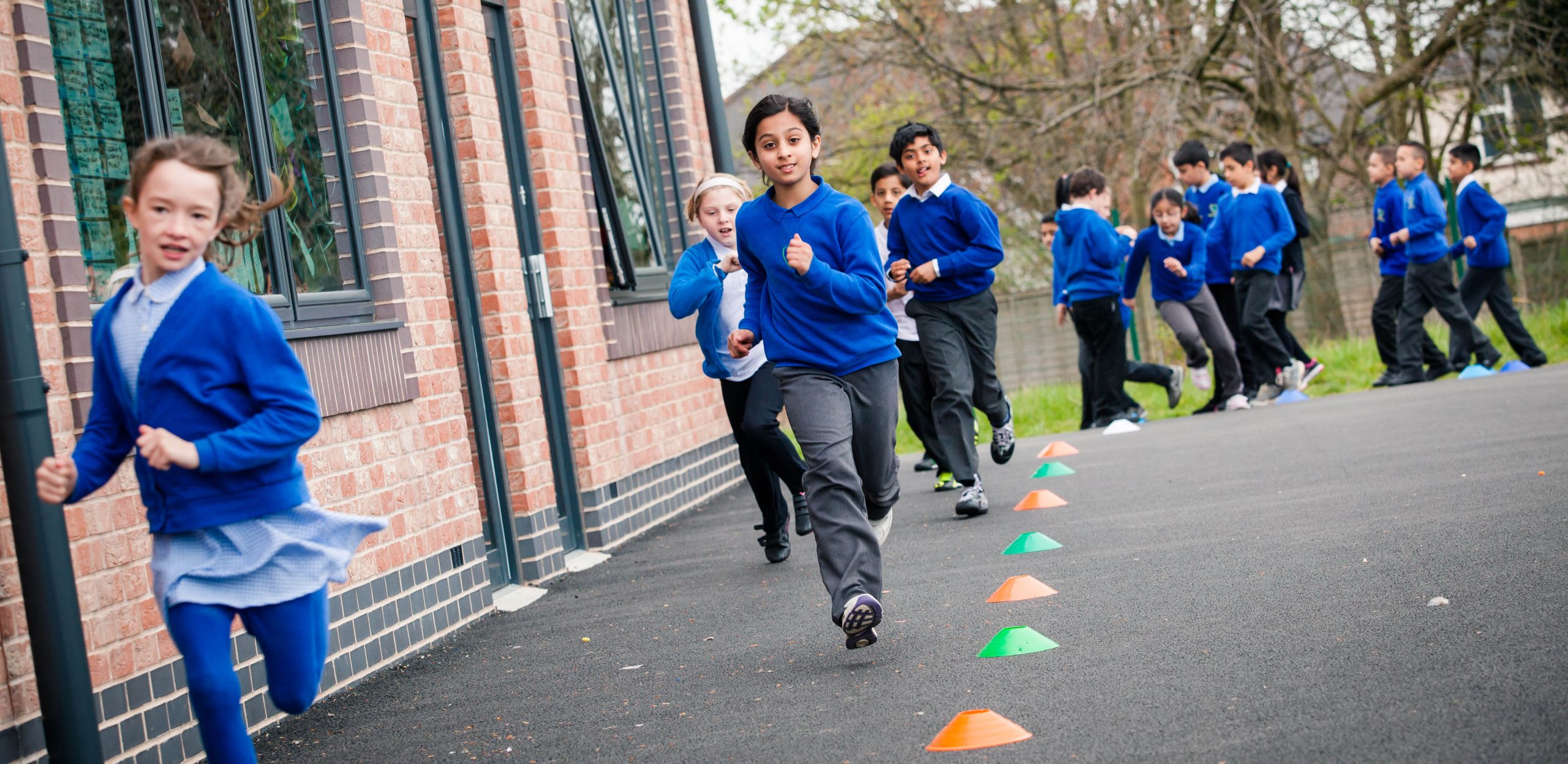
Sprint-based exercises introduced during the school day can sharpen pupils’ minds in the classroom, new research reveals.
A study by Loughborough University’s School of Sport, Exercise and Health Sciences, part of the NCSEM-EM, and Nottingham Trent University’s School of Science and Technology, found that response times among adolescent pupils became significantly faster – but remained just as accurate – post-exercise.
The work, published in the journal Preventive Medicine Reports, saw 12 year-old pupils undertake 10 x 10 second sprints, interspersed by 50 seconds of walking, before requiring them to undertake classroom-based cognitive function tests.
Pupils also performed the tests without exercise as part of a ‘resting trial’.
The researchers found that pupils’ response times improved by about 5% when performing the ‘Stroop test’ following exercise. This test measures attention by challenging participants to respond with the colour a word is written in, rather than the word itself – for instance if the word ‘green’ is written in blue font, then blue is the correct response.
The effect was evident immediately after exercise – despite pupils reporting physical tiredness on a mood questionnaire – and remained 45 minutes after exercise.
The study was the first to examine the effects of sprint-based exercise on cognitive function among adolescents.
Click here to read the full release.